Updated on April 9th, 2023
Cooking with alcohol has always been an exciting activity, and many recipes are lifted when it’s added. And cognac is among some of the most flavorful options you can try. This intense ingredient has always been served along with some of the most exquisite dishes in the world. And as an item on a recipe list, it performs even better.
But not everyone can cook with cognac, and for those who can, it may be considered overstretching for various reasons. So, does this mean you should completely omit the ingredient from your list? While some recipes may survive without their effects in them, others may fall apart. This reason is why it’s best to seek a close substitute for cognac in such times.
The beauty of this suggestion is it comes with options. Here, you’ll find handy alternatives that can easily replace cognac in your cooking. You’ll discover both alcoholic and non-alcoholic options to suit every purpose. And they’ll work in not just cocktails but also many sweet and savory recipes like stews, pate, steak, gravy, and even beef stroganoff.
What is Cognac?
Cognac is any brandy made in the Cognac region of France. This special brandy is made uniquely to the area, which may be why the drink is named after it. For a brandy to be ruled as cognac, it must be distilled twice, contain at least 40% alcohol, and have zero preservatives. It must also age in oak casks for at least two years and be subjected to the Bureau National Interprofessionnel du Cognac (BNIC). This organization regulates the production of cognac in France and observes every process required to make it.
Cognac comes in various categories, indicated by a title that shows how long it is aged. Of all these categories, three titles are the most prominent: VS, VSOP, and XO. VS stands for ‘Very Special,’ which means the cognac has aged for at least two years. VSOP means ‘Very Superior Old Pale’ and indicates that the drink underwent a four-year minimum aging process. And XO, being the highest grade, means ‘Extra Old.’ These types of cognac have been allowed to age for at least six years.
Cognac has always been a drink associated with class for centuries. It has been served along with some of the most fantastic recipes and dishes in culinary history. But it also lends its unique flavor profile as a cooking ingredient.
Cognac Nutrition Facts
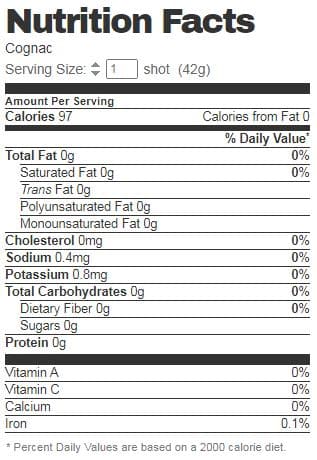
Cognac Uses in Recipes
Cognac is an impressive flavor infuser and comes in various flavor sensations. You can find it in sweet, fruity, spicy, or bitter varieties, but they all have a smoky taste base similar to brandy. Other flavor ranges from cognac include toffee, nuts, chocolate, and even cigars. These flavor complexities can also exist in one bottle, so cognac adds richness to many dishes. It’s a great addition to meat and fish recipes and can be used to induce complexity to their taste profiles.
Cognac also blends well in sauces, soups, and stews and enriches them with a powerful flavor combo. It also works for sweet desserts and lifts the flavor intensity of chocolate- and coffee-based recipes. Cognac settles well in fruity recipes, and it blends with their sweetness and tang. As such, you can add it to recipes with figs, apples, oranges, and pears to improve or enhance the taste. It also performs excellently alongside cheeses, olives, and brown sugar. And if the flavor is nut-based, it can be intensified in the presence of cognac.
- Stew
- Sauces
- Roast
- Shrimp
- Cognac creamed mushrooms
- Glazes
- Hot cocoa
- Steak Diane
- Soups
- Spiced coffee
- Ham
- Flambe
- Steak au poivre
- Fish recipes
- Sauteed mushrooms
- Gravy
- Kumquat and Chocolate Yule log
- Beef stroganoff
- Pasta
- Cakes
- Pate
- Cast Iron Skillet Chicken
Cognac Substitutes
Cooking with cognac does come with a few drawbacks, of course. Unless you’re dealing with a gourmet dish for an exceptional occasion, it’s not practical to use it in everyday meals. The reason is that cognac is a highly-rated type of brandy and, as such, is quite expensive. So, if a recipe asks for a bit of its intense flavor, rushing to buy a bottle may not seem wise.
Also, not everyone can consume alcohol. And in some cases, others avoid it by choice for personal reasons. So in such situations, having a substitute at hand is a breath of fresh air. And these are some of the most convenient options to consider;
Brandy
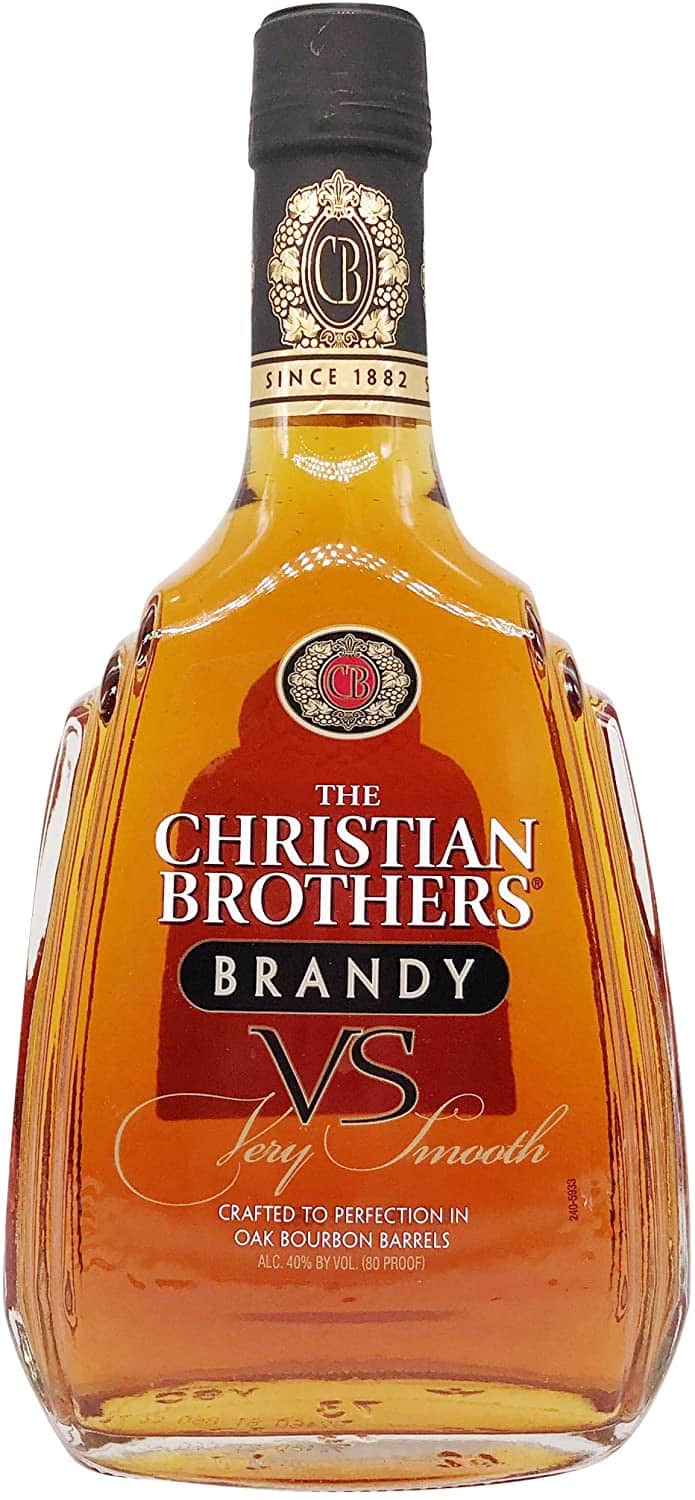
Since cognac is a high-class brandy, the latter can be used in its stead. Brandy may not be as intensely flavored, but it still gets the job done. Plus, brandy is cheaper, and most people who drink have a bottle at home. Brandy will infuse the same fruitiness, spiciness, sweetness, and smoky hint as cognac to meat and grilled foods. It may also work in some desserts and sauces as well.
Wine
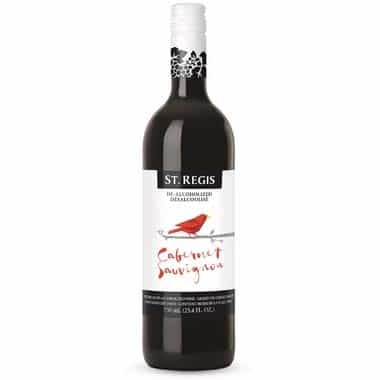
The principal advantage wine has as a substitute for cognac is convenience. It comes in various types and flavors so that you can alternate between taste options for your recipes. Wine is also cheaper than cognac, and most bottles at home will make a great substitute. And since it’s made from grapes, you’ll get a good dose of sweetness and fruitiness from it.
But you must know how to use different types of wines to replace cognac in various recipes. Red wines are great for meaty dishes, while white wine works best in sauces and desserts. If you’re using Port in place of cognac, make sure it’s not too sweet but full-bodied.
Bourbon
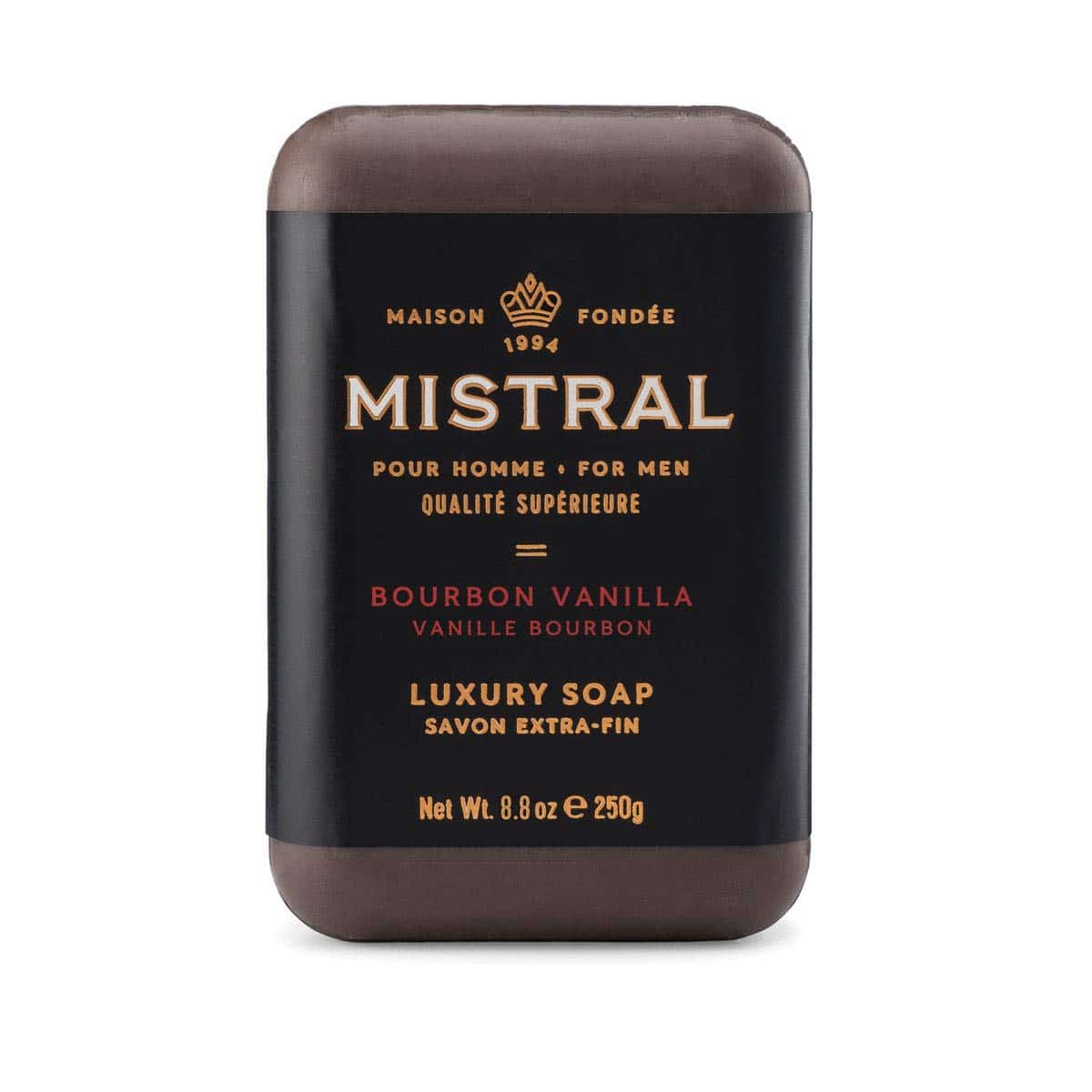
This substitute is another option that offers both convenience and affordability. Most alcohol drinkers tend to have some bourbon at home, and if you don’t, you can find a cheap bottle at the liqueur store. You’ll want to consider what flavor profile you hope to create in your recipe before choosing a bourbon, of course. If you’re aiming for more sweetness, vanilla bourbon is a fantastic option, and it works in desserts and cakes. But for a more savory flavor, unflavored bourbon is the way to go. Bourbon though has a more potent flavor compared to cognac. So, substitute it by one-third of the amount of cognac called.
Fruit Juice and Vinegar
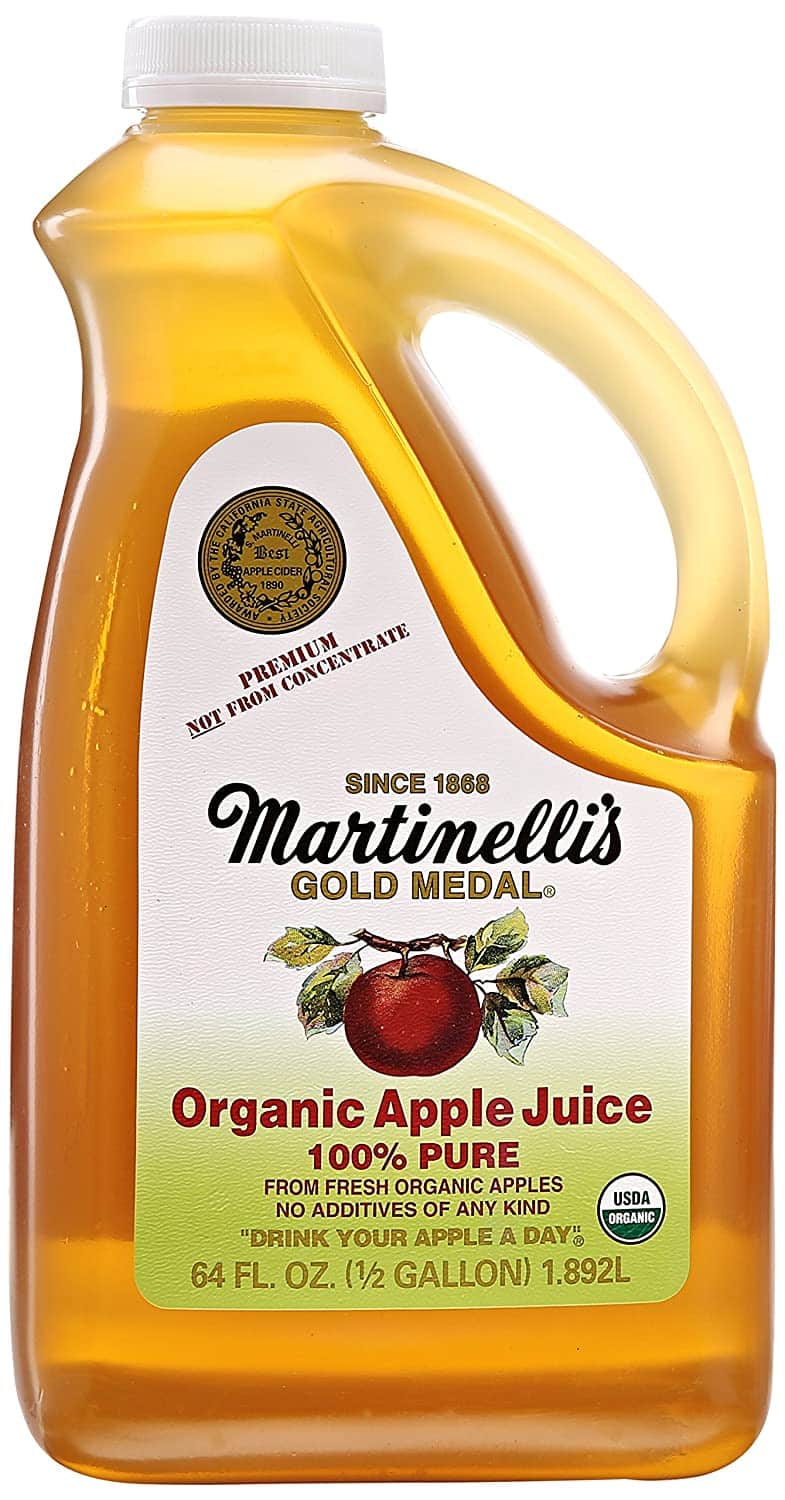
If you’re looking for a convenient and affordable non-alcoholic replacement for cognac in your recipe, try fruit juice. And while most types would work, you want something that offers both the sweetness and bite of cognac. Combine some vinegar with juices from fruits such as apples, pears, peach, or apricot. This combo gives you a taste similar to grapes, so your recipe is brought closer to something made with cognac.
Fruit juice plus vinegar works for general cooking and shines in desserts and sauces, but they also work in gravy. They’re also ideal for deglazing as well. And if you wish for lesser acidity, use the juice without adding vinegar.
Soy or Worcestershire Sauce

As unbelievable as it sounds, soy and Worcestershire sauces both offer a complex flavor profile that can work in place of cognac. While both are primarily soy-based ingredients, they also carry other elements in their mix, including sugar and vinegar. As such, soy and Worcestershire sauces can add sweetness, spiciness, and bitterness to many recipes, especially savory ones. They’re great with meat, fish, gravy, and soups. When using these options, you should add less the amount called for I cognac, then adjust to your preference.
Frequently Asked Questions (FAQs)
What do I use if I don’t have cognac?
You can also use dry sherry, but make sure to start at half the quantity called for in cognac. The reason is that dry sherry is sweeter, and equal amounts may overwhelm the recipe. You can also consider brandy extract if you need an alcohol-free option.
Is cognac healthy to drink?
Yes, it is. Experts have revealed that cognac contains polyphenols. These compounds are antioxidants and similar to the ones in red wine. As such, it’s suggested that sipping about one or two ounces of cognac is beneficial to health.
What can I substitute for cognac?
Besides the options above, you can also consider Armagnac, rum, and coffee liqueur. Armagnac is closest to cognac since they share the same ingredients and an almost similar distillation process. Rum, however, is sweeter and more robust, so use less of it. And coffee liqueur is perfect in chocolate- or coffee-based recipes like tiramisu.
Conclusion
There’s no need to spend heavily to enhance your dishes with the exciting flavors of cognac. Why not grab any of these alcoholic and non-alcoholic substitutes next time you’re making such recipes? They’re sure to add that burst of complexity to your recipe’s flavor profile and give you an outstanding result at the final run.